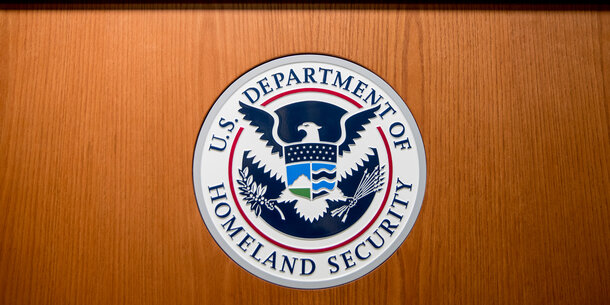It’s a basic constitutional principle: law enforcement and intelligence agencies need a warrant to listen to your phone calls or read your emails. Agencies, however, have found a workaround. An arcane law, Section 702 of the Foreign Intelligence Surveillance Act, passed in 2008 and is set to expire at the end this year. Congress should not renew it without adding important safeguards for Americans’ rights. The good news: on this issue, lawmakers from both parties are similarly up in arms — and are even working together for change.
Section 702 lets the government collect the communications of non-Americans located abroad without a warrant. But because Americans talk to people outside the country, the surveillance inevitably sweeps in our private phone calls, emails, and text messages, too — information that the government would normally need a warrant to access.
Congress foresaw this problem: it directed intelligence agencies to “minimize” the retention and use of Americans’ information and to certify that they are not spying on Americans. But instead, these agencies routinely run electronic searches of the data for the purpose of finding and reviewing Americans’ communications. Last year alone, the FBI performed more than 200,000 of these “backdoor” searches.
Most of the time, the only safeguard is an FBI rule that searches must be reasonably likely to produce foreign intelligence or evidence of a crime. That’s skimpy protection, far short of the probable cause the government needs to obtain a warrant. But FBI agents have disregarded even that low standard, engaging in “persistent and widespread” violations, according to the special court that oversees foreign intelligence surveillance.
There have been alarming abuses. FBI agents have searched for the communications of Black Lives Matter protesters, members of Congress, journalists, crime victims, political donors, and “Middle Eastern” men, among many others.
The volume and frequent abuses of backdoor searches have provoked bipartisan outrage in Congress. Lawmakers from both parties have vowed not to reauthorize Section 702 without “significant reforms.” But the misuse of Section 702 is only one part of a larger problem. As I explained in testimony before the House Judiciary Committee in July, there are other laws, as well as gaps in the law, that are increasingly enabling warrantless surveillance of Americans. For instance, the government can access some of the same information it obtains through backdoor searches — and evade legal privacy protections — by simply purchasing the information from data brokers, all without a warrant.
We need a comprehensive solution that allows intelligence agencies to protect us while curbing warrantless surveillance.
The Government Surveillance Reform Act of 2023, introduced by Ron Wyden (D-OR) and Mike Lee (R-UT) in the Senate and Warren Davidson (R-OH) and Zoe Lofgren (D-CA) in the House, would be the most significant advancement of Americans’ privacy rights since FISA itself was enacted in 1978. If it became law, the bill would require the government to obtain a warrant before searching data obtained under Section 702 for Americans’ communications, thus closing the backdoor search loophole. It would also strengthen judicial oversight of surveillance, place limits on executive orders that authorize warrantless collection of Americans’ information, and prohibit the government from purchasing information it would otherwise need a warrant, court order, or subpoena to obtain.
In addition, the House Judiciary Committee will vote this week on whether to advance the bipartisan Protecting Liberty and Ending Warrantless Surveillance Act, which similarly would close the backdoor search and data broker loopholes and strengthen judicial oversight.
These two bills represent genuine reform. There are competing proposals pending in Congress, however, that fall far short of that standard.
Last week, the leaders of the Senate intelligence committee introduced their own bill to reauthorize Section 702. The bill, along with an analogue pending in the House, would place restrictions on a vanishingly small fraction of backdoor searches and would not prevent any of the most egregious abuses. Worse, the bills would actually expand surveillance in some respects, including loosening restrictions on the surveillance of immigrants.
Members of Congress and the public should not be distracted by these phony reform proposals. Congress has an opportunity to strengthen protections for Americans’ privacy while safeguarding our national security. It must take it.






